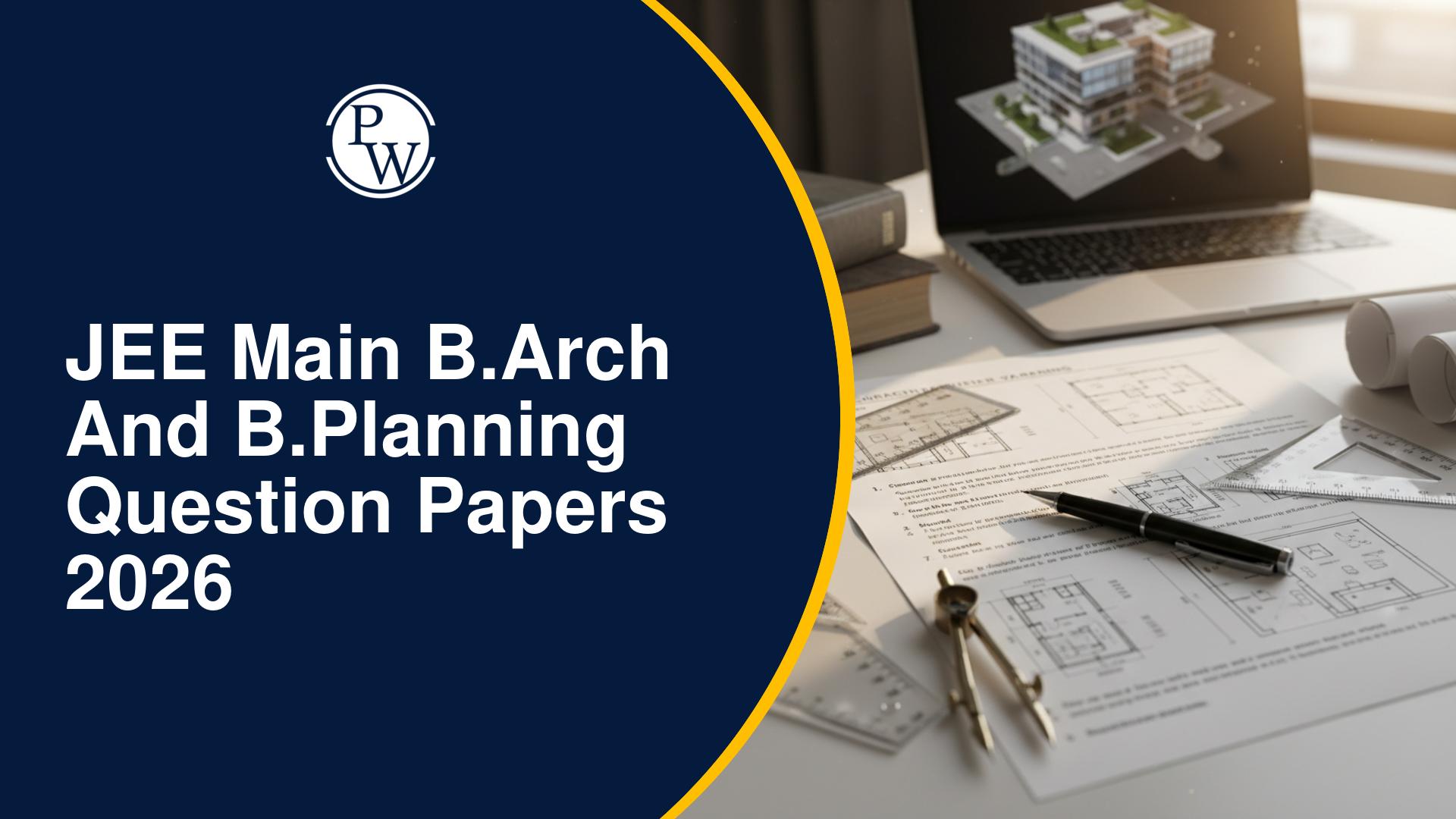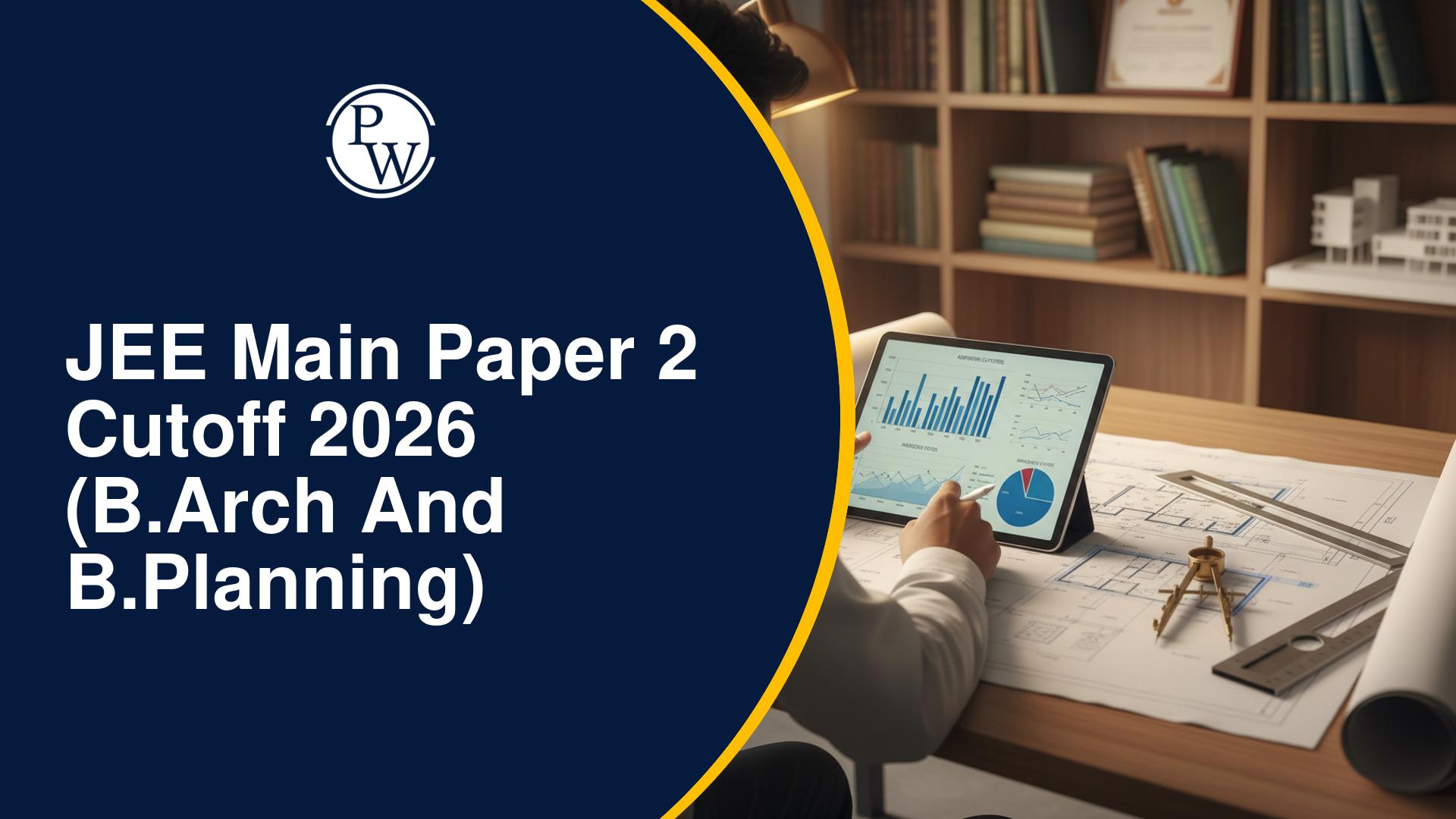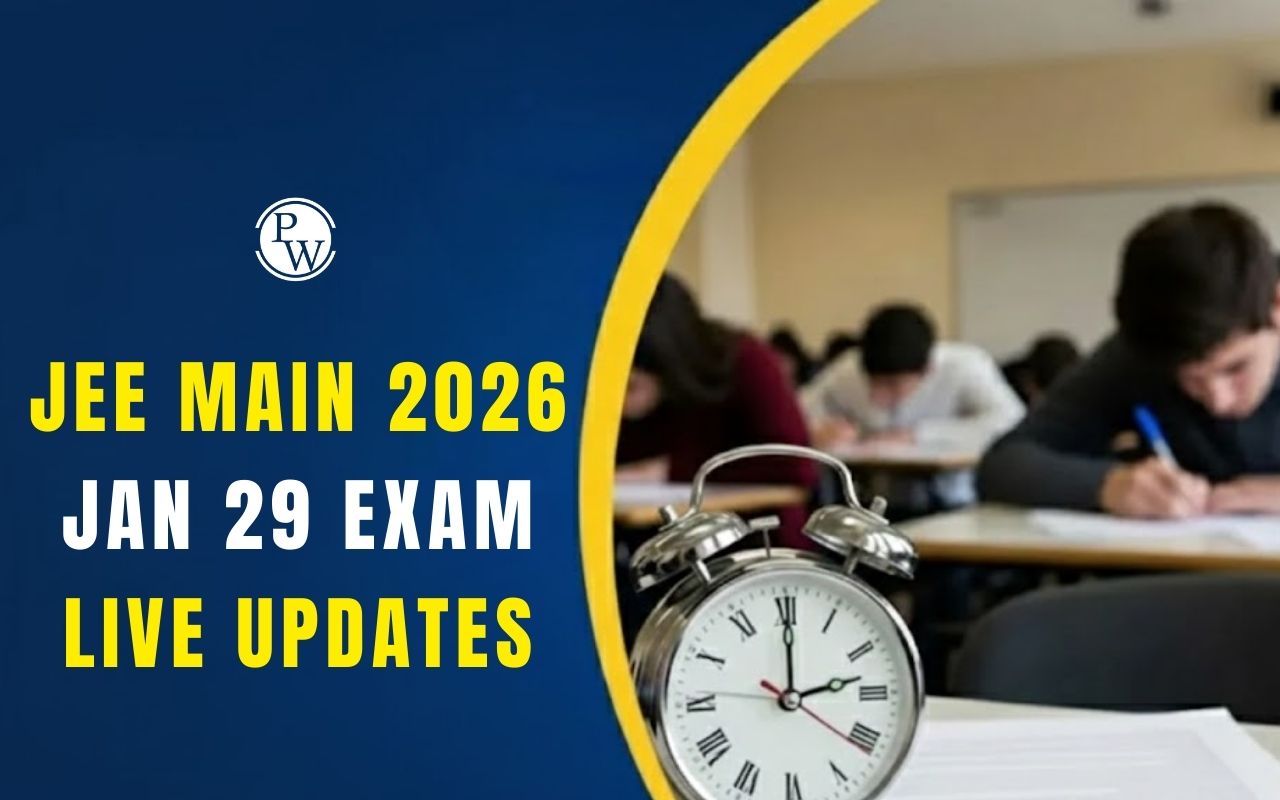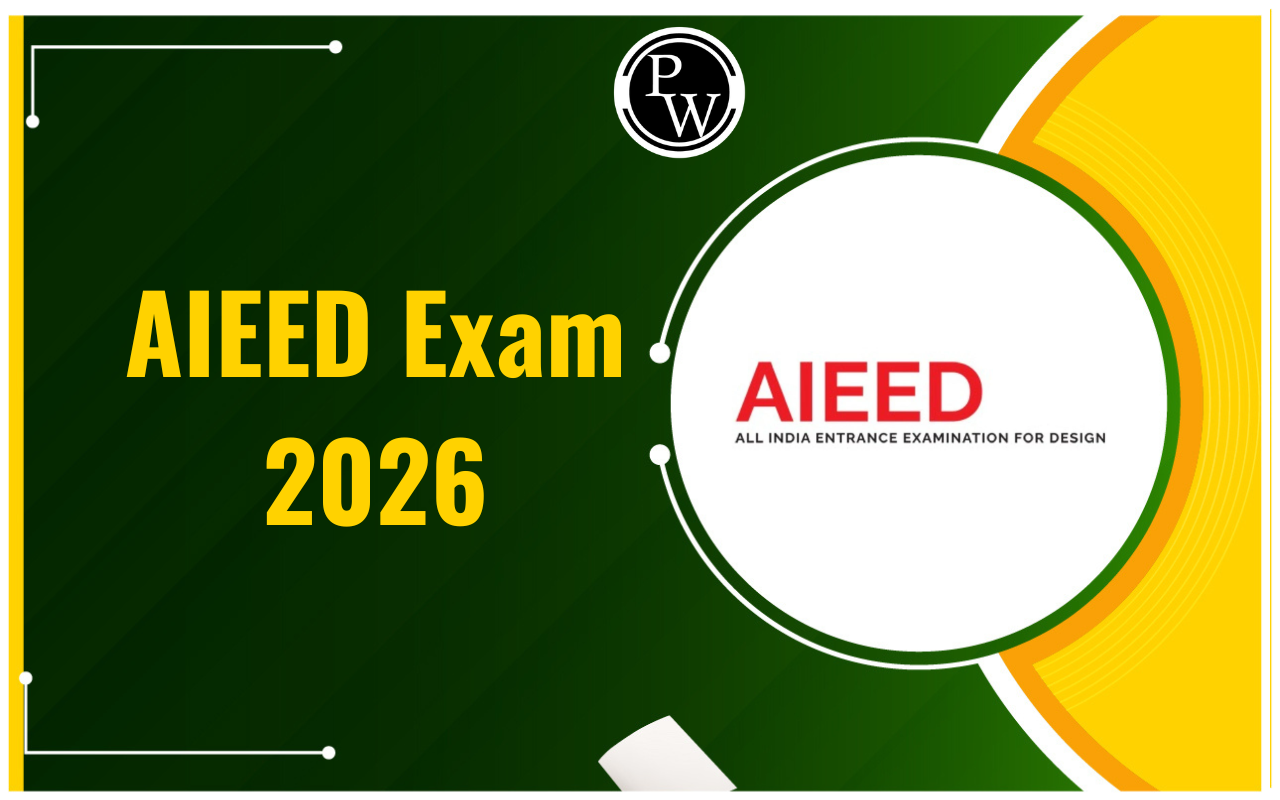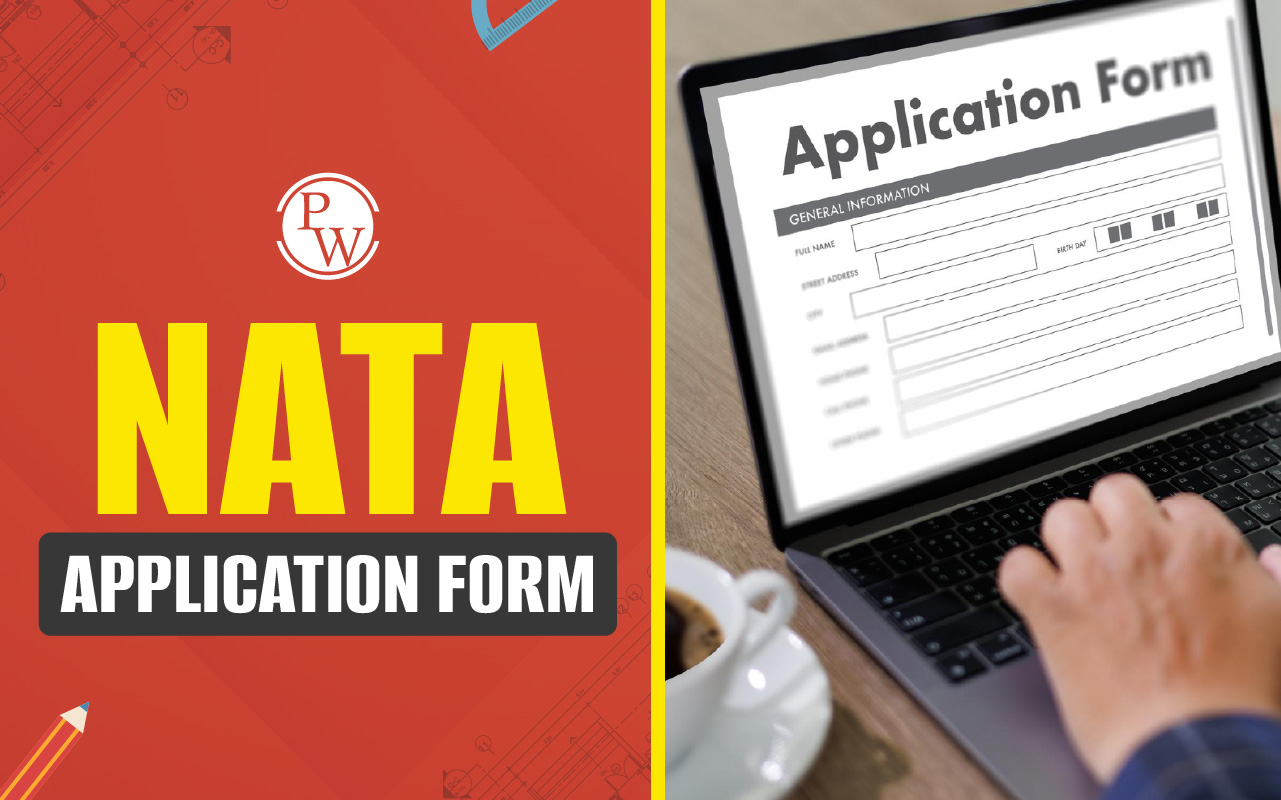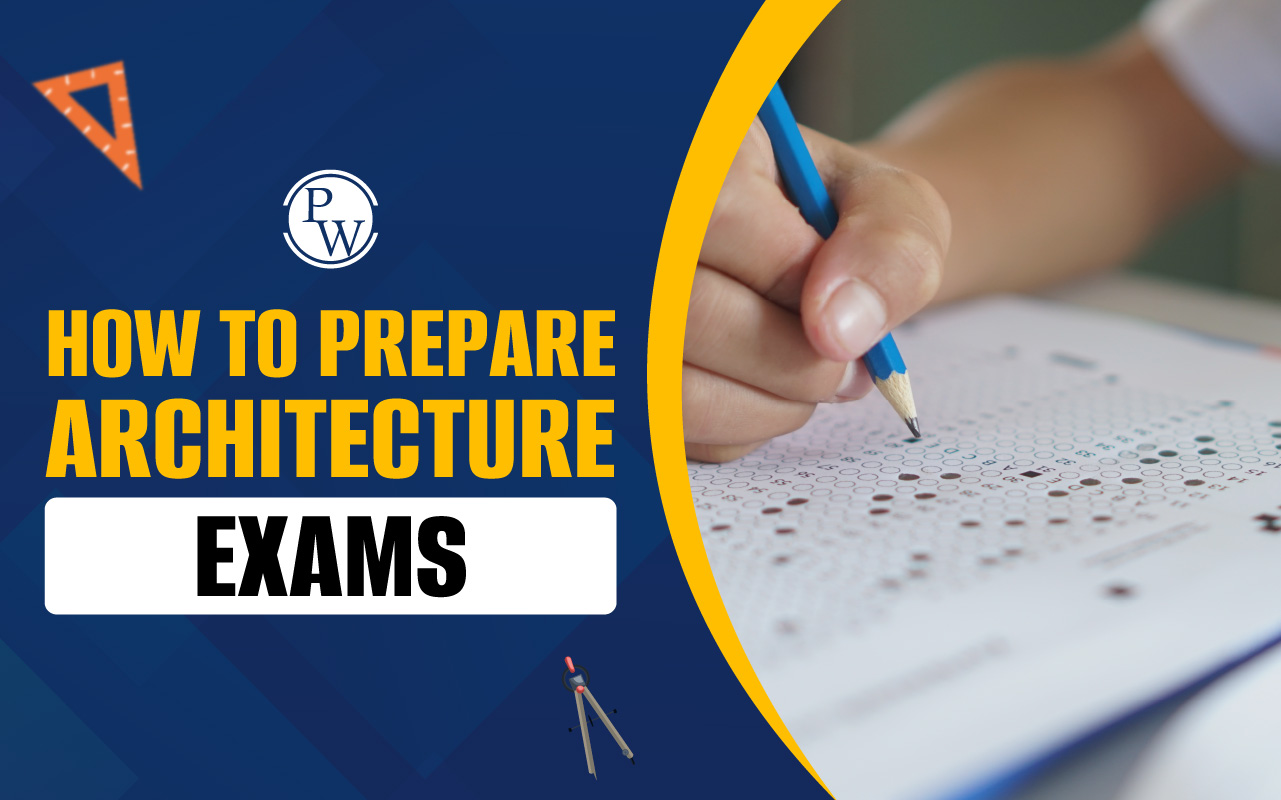B.Arch syllabus is broad and interdisciplinary, covering subjects like architectural design, building construction, structural engineering, environmental systems, and urban planning. Throughout the ten semesters, students engage in studio work, workshops, and electives, gaining hands-on experience alongside academic knowledge.
The Bachelor of Architecture (B.Arch) is a five-year undergraduate degree program that prepares students for a professional career in architecture. To be eligible for B.Arch, candidates must have completed 10+2 with Mathematics as a compulsory subject, with at least 50% aggregate marks. Admission to B.Arch programs in India requires candidates to qualify in entrance exams such as NATA (National Aptitude Test in Architecture) or the JEE Main Paper 2 (B.Arch).
Architecture Creators 2025 Batch
B.Arch Course Structure: The 5-Year Journey (Stage I & Stage II)
The B.Arch syllabus is designed to develop both creative and technical skills in architecture. Spanning five years and ten semesters, it covers a wide range of subjects including architectural design, building construction, structural systems, environmental studies, and history of architecture. Core and elective subjects allow students to tailor their studies to specific interests within the field. The syllabus also emphasizes hands-on workshops, research, and real-world projects, ensuring a strong foundation for future architects.
B.Arch Semester-Wise Syllabus: Core Subjects Breakdown
The B.Arch syllabus is structured across 10 semesters, offering a progressive and comprehensive understanding of architecture through both theoretical and practical subjects. Each semester introduces new core areas while also integrating communication skills, environmental studies, and electives for specialization. This semester-wise approach ensures students gain a balanced mix of creative, technical, and professional skills throughout their five-year journey. The semester-wise BArch syllabus is given below.
|
Semester-Wise B.Arch Syllabus
|
|
SEMESTER I
|
SEMESTER II
|
|
Architectural Design I
|
Architectural Design II
|
|
Visual Arts and Basic Design I
|
Visual Arts and Basic Design II
|
|
Computer Applications I
|
Computer Applications II
|
|
Building Construction I
|
Building Construction II
|
|
Theory of Structures I
|
Theory of Structures II
|
|
Environmental Studies
|
Climate-responsive Design
|
|
Model making and Workshop
|
Surveying and Leveling
|
|
Human Settl. & Vernacular Arch.
|
History of Architecture I
|
|
Professional Communications I
|
Sociology and Culture
|
|
-
|
Professional Communications II
|
|
Semester III
|
Semester IV
|
|
Architectural Design III
|
Architectural Design IV
|
|
Visual Arts and Basic Design III
|
Visual Arts and Basic Design IV
|
|
Computer Applications III
|
Computer Applications IV
|
|
Building and Construction III
|
Building and Construction IV
|
|
Theory of Structures III
|
Theory of Structures IV
|
|
Water, Waste, and Sanitation
|
Electrification, Lighting & Acoustics
|
|
Site Planning and Landscape Studies
|
Solar Active and Passive Systems
|
|
History of Architecture II
|
History of Architecture III
|
|
Art and Architectural Appreciation I
|
Art and Architectural Appreciation II
|
|
Research Elective I
|
Research Elective II
|
|
Semester V
|
Semester VI
|
|
Architectural Design V
|
Architectural Design VI
|
|
Building Construction V
|
Building Construction VI
|
|
Theory of Structures V
|
Theory of Structure & Design II
|
|
HVAC. Mech. Mobility & Fire Safety
|
Green Systems Integration
|
|
Energy System & Renewables
|
Sustainable Urban Habitats
|
|
History of Architecture IV
|
Specifications & Contracts
|
|
Design Methodology II
|
Contemporary Architecture
|
|
Art and Architectural Appreciation III
|
Architectural Theories
|
|
Arch. Research- Elective III
|
Art & Architectural Appreciation IV
|
|
Arch. Research- Elective IV
|
-
|
|
Semester VII
|
Semester VIII
|
|
Architectural Design VII
|
Practical Training
|
|
Working Drawings
|
-
|
|
Project Management
|
-
|
|
Architectural Appreciation IV
|
-
|
|
Arch. Research Seminar
|
-
|
|
Arch. Research- Elective V
|
-
|
|
Arch. Research- Elective VI
|
-
|
|
Semester IX
|
Semester X
|
|
Architectural Design IX
|
Architectural Design Thesis
|
|
Professional Practice
|
Thesis Design Research
|
|
Urban Design Studies
|
Professional Practice
|
|
Arch. Research Dissertation/ Art Thesis
|
-
|
|
Arch. Research- Elective VII
|
-
|
|
Arch. Research- Elective VIII
|
-
|
Mandatory B.Arch Core Subjects List
The core subjects in the B.Arch program cover essential areas such as architectural design, building construction, theory of structures, and architectural graphics, enabling students to develop skills in planning, designing, and constructing buildings. Alongside history and theory of architecture, environmental studies and building sciences ensure a well-rounded understanding of both the artistic and scientific aspects of the profession.
|
BArch Core Subjects
|
|
Core Subject
|
Explanation
|
|
Architectural Design
|
Focuses on developing creative and practical design skills through studio work, where students conceptualize and plan building layouts, forms, and spaces.
|
|
Building Construction
|
Covers construction methods, building materials, and techniques, teaching students how to translate design concepts into structurally sound buildings.
|
|
Theory of Structures
|
Introduces principles of structural mechanics, such as forces, loads, and stability, enabling students to design safe and efficient structural systems.
|
|
History of Architecture
|
Explores the evolution of architectural styles, movements, and philosophies across different civilizations, fostering an understanding of historical context.
|
|
Architectural Graphics
|
Teaches technical drawing, orthographic projections, and visual representation skills essential for communicating design ideas accurately.
|
|
Environmental Studies
|
Examines the environmental impact of buildings, sustainability practices, and climate-responsive design to promote eco-friendly architecture.
|
|
Building Science & Services
|
Focuses on building systems such as lighting, acoustics, water supply, and HVAC, ensuring students understand the integration of essential services in design.
|
|
Computer Applications
|
Introduces digital tools and software for architectural drawing, modeling, and visualization, enhancing design efficiency and presentation.
|
High-Value B.Arch Elective Subjects (Specialization Tracks)
The B.Arch elective subjects offer students the opportunity to specialize in specific areas of architecture beyond the core curriculum. These electives cover diverse topics such as sustainable design, urban planning, interior design, heritage conservation, and digital architecture, allowing students to tailor their education to their interests and career goals. Check out the elective subjects covered in BArch syllabus.
|
BArch Elective Subjects
|
|
Elective Subject
|
Explanation
|
|
Solar Design
|
Introduces methods for orienting buildings to optimize sunlight, selecting materials with suitable thermal properties, and designing for natural ventilation and energy efficiency
|
|
Climate Change and Cities
|
Explores how architecture responds to changing climatic conditions, teaching students to design bioclimatic buildings and plan urban environments resilient to climate change
|
|
Urban Planning
|
Covers the principles of planning and organizing outdoor spaces, focusing on compliance with building codes, land use regulations, and effective urban design strategies
|
|
Interior Design
|
Focuses on enhancing building interiors for aesthetics and functionality, including space planning, material selection, and coordination of interior elements
|
|
Campus Planning
|
Examines the design and organization of campus spaces, addressing building typologies, landscape integration, and the development of cohesive educational environments
|
|
Landscape Architecture
|
Teaches the planning and design of outdoor spaces, emphasizing sustainability, planting design, and landscape construction techniques
|
|
Heritage Conservation
|
Focuses on preserving and restoring historic buildings and sites, covering conservation techniques, cultural heritage management, and legal considerations
|
|
Sustainable Architecture
|
Emphasizes environmentally responsible design, including green materials, energy-efficient systems, and sustainable construction practices
|
|
Digital Architecture
|
Explores the use of digital tools such as CAD, BIM, and parametric design in architectural practice, enhancing students’ technical and visualization skills
|
|
Disaster Management
|
Deals with designing structures and environments that are resilient to natural disasters, focusing on risk reduction and emergency planning
|
Entrance Exam Syllabus (NATA & JEE Main Paper 2)
The B.Arch syllabus for entrance exams like JEE Main Paper 2 is divided into three key sections: Mathematics, General Aptitude, and Drawing. Mathematics covers topics such as algebra, geometry, calculus, and trigonometry, while the Aptitude section tests spatial awareness, visualization, and architectural awareness. The Drawing section evaluates candidates’ ability to sketch, visualize, and draw objects, focusing on creativity and design skills. For NATA and JEE Advanced entrance examination, the BArch syllabus and topics are mentioned below.
NATA Entrance Exam
The National Aptitude Test in Architecture (NATA) is a national-level entrance exam conducted by the Council of Architecture (CoA) for admission to the 5-year Bachelor of Architecture (B.Arch) program. Held multiple times a year, NATA evaluates both creative and cognitive skills through a combination of drawing tests and computer-based questions.
|
NATA Entrance Exam
|
|
Syllabus Topics
|
Description
|
|
Diagrammatic Reasoning
|
Evaluates logical thinking and problem-solving skills by requiring candidates to identify relationships, transformations, or progressions within visual representations skills.
|
|
Numerical Reasoning
|
Covers basic arithmetic, percentages, ratios, algebra, mensuration, geometry, and data interpretation skills essential for architectural design, budgeting, and construction estimations.
|
|
Verbal Reasoning
|
Includes questions on synonyms, antonyms, sentence completion, reading comprehension, analogies, and logical deduction, testing both language proficiency and verbal logic.
|
|
Inductive Reasoning
|
Tests a candidate’s ability to identify patterns, analyze data, and draw logical conclusions from specific observations or information.
|
|
Situational Judgment
|
Problem Solving Ability of candidates will be assessed
|
|
Logical Reasoning
|
Evalautes candidates’ ability to think critically, analyze information, and solve problems using patterns, sequences, and logical relationships
|
|
Abstract Reasoning
|
Candidates ability to apply general knowledge in new situations using visual logic and pattern recognition.
|
JEE Main Paper 2 Syllabus: Mathematics & Aptitude Test
The JEE Main B.Arch Aptitude syllabus focuses on evaluating a candidate’s spatial ability, architectural awareness, and reasoning skills. It includes topics such as awareness of persons, places, buildings, and materials, objects and textures related to architecture, visualizing three-dimensional objects from two-dimensional drawings, analytical reasoning, mental ability, and architectural vocabulary. The aptitude section is designed to test imagination, observation, and general awareness of architectural and built environments, which are essential skills for prospective architecture students.
Architecture Creators 2025 Batch




